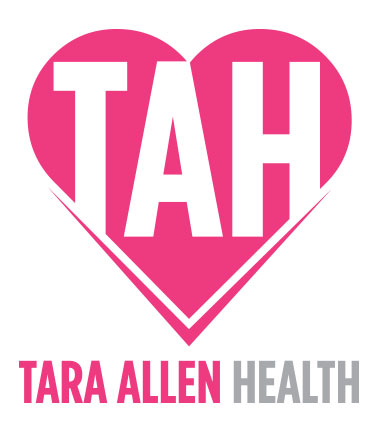Underactive thyroid?
I used to have hypothyroidism.
... alongside PCOS, insulin resistance and prediabetes. Basically, I was a metabolic wreck and my doctor let me know he expected me to have an unhealthy body composition for life because of all of this. Thankfully, I believed in my own body's ability to heal + evolve and said, "Hold my beer." as I got to work. P.S. I no longer have any of those conditions and he was quite shocked and wanted to know how I did it all without meds. He meant well but just wasn't even aware of our potential!
I'm actually not writing this newsletter to tell you about my backstory, but I did want to let you know I've had some experience here. Someone on instagram recently asked me if I had 'regular' hypothyroidism or Hashimoto's -- the auto-immune kind. I told her I wasn't entirely sure because I didn't know enough to advocate for myself back then and my thyroid antibodies weren't tested at the time of my diagnosis. But the cool thing is that it didn't matter a whole lot. I did the same things to aim to get to the bottom of it, regardless of what was causing the hypothyroidism. Namely, 1, I aimed to increase my metabolic rate and health (this directly influences thyroid output) and 2, aimed to decrease inflammation and oxidative stress (which would be incredibly important when there's any kind of autoimmunity).
Last week I created a highlight just for thyroid health -- a series of posts and reels -- in response to the increase in questions I've been getting (mostly from new followers who are hearing about my story for the first time). In that highlight, I discuss what I did and why, lab work to consider requesting, nutritional additions that have helped, protocols and things most docs don't know about yet and therefore aren't sharing yet. Since subclinical thyroid function is incredibly common at this time, I wanted to share with you too! Click that link above and you may have to scroll my highlight bubbles, but it'll be there! It's labeled "thyroid".
Whether or not you have an under-active thyroid, I think this reminder is always helpful: our body tends to do SO WELL when we give it what it needs and then get the heck out of its way. If you're on some kind of a healing journey, you're doing incredibly important work! Keep going. <3
XO,
Tara
P.S. If you'd like some help, here are a couple of ways we can work together:
1. My 28-day metabolism-boosting course, TRANSFORM: Body + Mind. We work on boosting metabolism (helping to rev up that thyroid) as well as aim to bring down inflammation + oxidative stress (potentially helping auto-immunity). Best part is that while I guide you on what to do and how, I also teach you about your body, metabolism and health optimization so that you can make informed choices for yourself going forward. The next round isn't starting until January, but there will be an opportunity to get early access around Black Friday if you're on this waitlist. ;-)
2. I do work with some clients 1:1. This is much more in depth with tons of customization and accountability. Spots are limited, but clients are often graduating out of the program, opening up spots so hop on the interested list if you'd like to chat more about this option.

